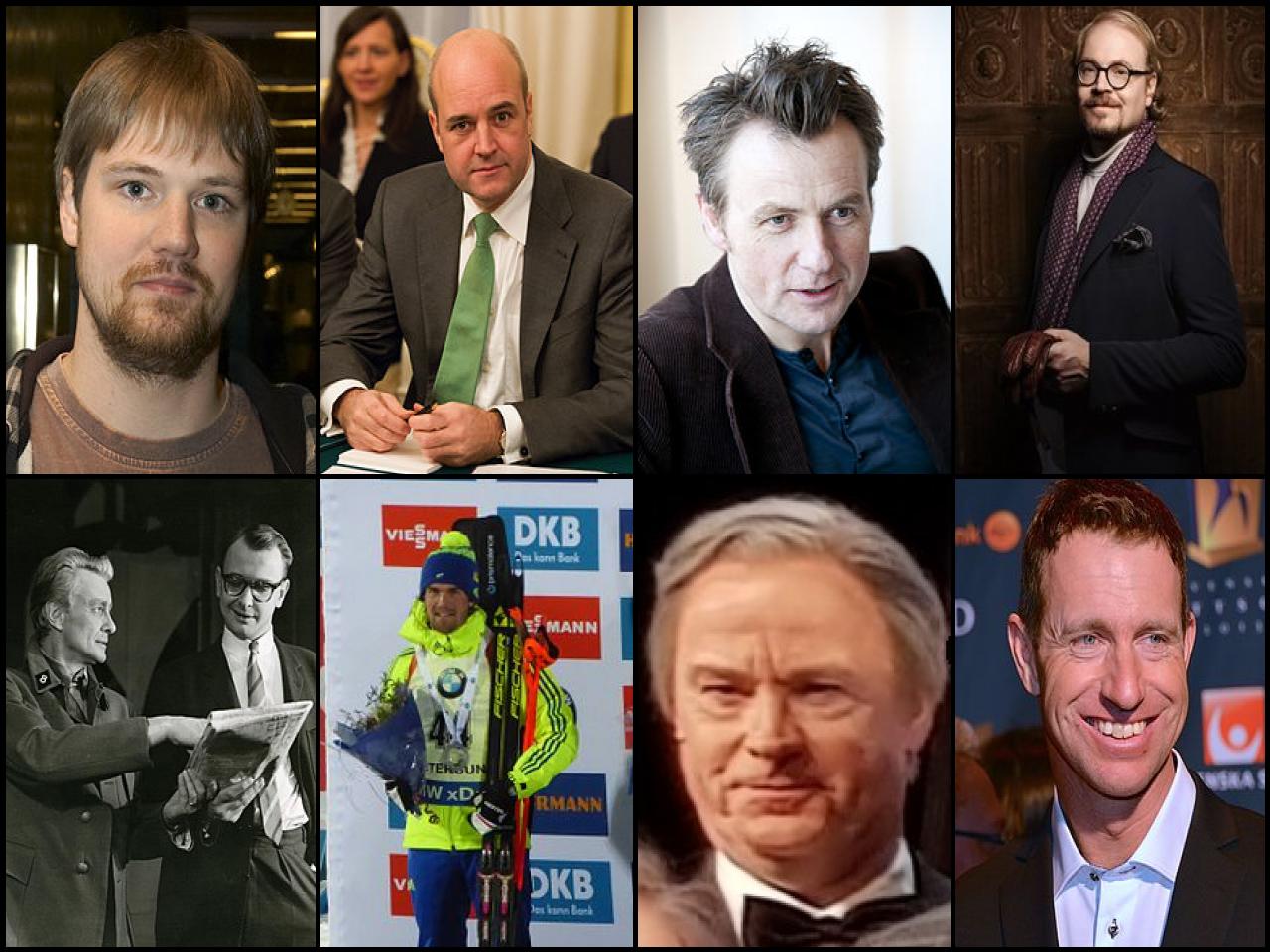List of Famous people named Friedrich
Friedrich Nietzsche
Friedrich Wilhelm Nietzsche was a German philosopher, cultural critic, composer, poet, writer, and philologist whose work has exerted a profound influence on modern intellectual history. He began his career as a classical philologist before turning to philosophy. He became the youngest person ever to hold the Chair of Classical Philology at the University of Basel in 1869 at the age of 24. Nietzsche resigned in 1879 due to health problems that plagued him most of his life; he completed much of his core writing in the following decade. In 1889, at age 44, he suffered a collapse and afterward a complete loss of his mental faculties. He lived his remaining years in the care of his mother until her death in 1897 and then with his sister Elisabeth Förster-Nietzsche. Nietzsche died in 1900.
Friedrich Merz
Friedrich Merz is a German lawyer and politician. A member of the Christian Democratic Union (CDU), he served as a Member of the European Parliament (MEP) from 1989 to 1994 and was elected to the Bundestag from 1994 until 2009, where he chaired the CDU/CSU parliamentary group from 2000 to 2002.
Friedrich Schiller
Johann Christoph Friedrich (von) Schiller was a German poet, philosopher, physician, historian, and playwright. During the last seventeen years of his life (1788–1805), Schiller developed a productive, if complicated, friendship with the already famous and influential Johann Wolfgang von Goethe. They frequently discussed issues concerning aesthetics, and Schiller encouraged Goethe to finish works he left as sketches. This relationship and these discussions led to a period now referred to as Weimar Classicism. They also worked together on Xenien, a collection of short satirical poems in which both Schiller and Goethe challenge opponents of their philosophical vision.
Friedrich von Thun
Friedrich Ernst Peter Paul Maria Graf von Thun und Hohenstein is an Austrian actor. He appeared in more than a hundred films since 1958.
Friedrich List
Georg Friedrich List was a German-American economist who developed the "National System" of political economy. He was a forefather of the German historical school of economics, and argued for the German Customs Union from a Nationalist standpoint. He advocated imposing tariffs on imported goods while supporting free trade of domestic goods, and stated the cost of a tariff should be seen as an investment in a nation's future productivity.
Friedrich Paulus
Friedrich Wilhelm Ernst Paulus was a German field marshal during World War II who is best known for commanding the 6th Army during the Battle of Stalingrad. The battle ended in disaster for the Wehrmacht when Soviet forces encircled the Germans within the city, leading to the ultimate defeat and capture of about 265,000 German personnel, their Axis allies and collaborators.
Friedrich III of Germany
Frederick III was German Emperor and King of Prussia for circa three months between March and June 1888, the Year of the Three Emperors. Known informally as "Fritz", he was the only son of Emperor Wilhelm I and was raised in his family's tradition of military service. Although celebrated as a young man for his leadership and successes during the Second Schleswig, Austro-Prussian and Franco-Prussian wars, he nevertheless professed a hatred of warfare and was praised by friends and enemies alike for his humane conduct. Following the unification of Germany in 1871 his father, then King of Prussia, became the German Emperor. Upon Wilhelm's death at the age of ninety on 9 March 1888, the thrones passed to Frederick, who had by then been German Crown Prince for seventeen years and Crown Prince of Prussia for twenty-seven years. Frederick was suffering from cancer of the larynx when he died, aged fifty-six, following unsuccessful medical treatments for his condition.
Friedrich Mücke
Friedrich Mücke is a German actor who has appeared in more than twenty films since 2006, many of which have tackled issues relating to the former GDR.
Friedrich Wilhelm von Steuben
Friedrich Wilhelm August Heinrich Ferdinand von Steuben, also referred to as Baron von Steuben, was a Prussian and later an American military officer. He served as Inspector General and a Major General of the Continental Army during the American Revolutionary War. He was one of the fathers of the Continental Army in teaching them the essentials of military drills, tactics, and discipline. He wrote Regulations for the Order and Discipline of the Troops of the United States, the book that served as the Army's drill manual for decades. He served as General George Washington's chief of staff in the final years of the war.
Friedrich Dünnenmatt
Friedrich Dürrenmatt was a Swiss author and dramatist. He was a proponent of epic theatre whose plays reflected the recent experiences of World War II. The politically active author's work included avant-garde dramas, philosophical crime novels, and macabre satire. Dürrenmatt was a member of the Gruppe Olten, a group of left-wing Swiss writers who convened regularly at a restaurant in the city of Olten.

